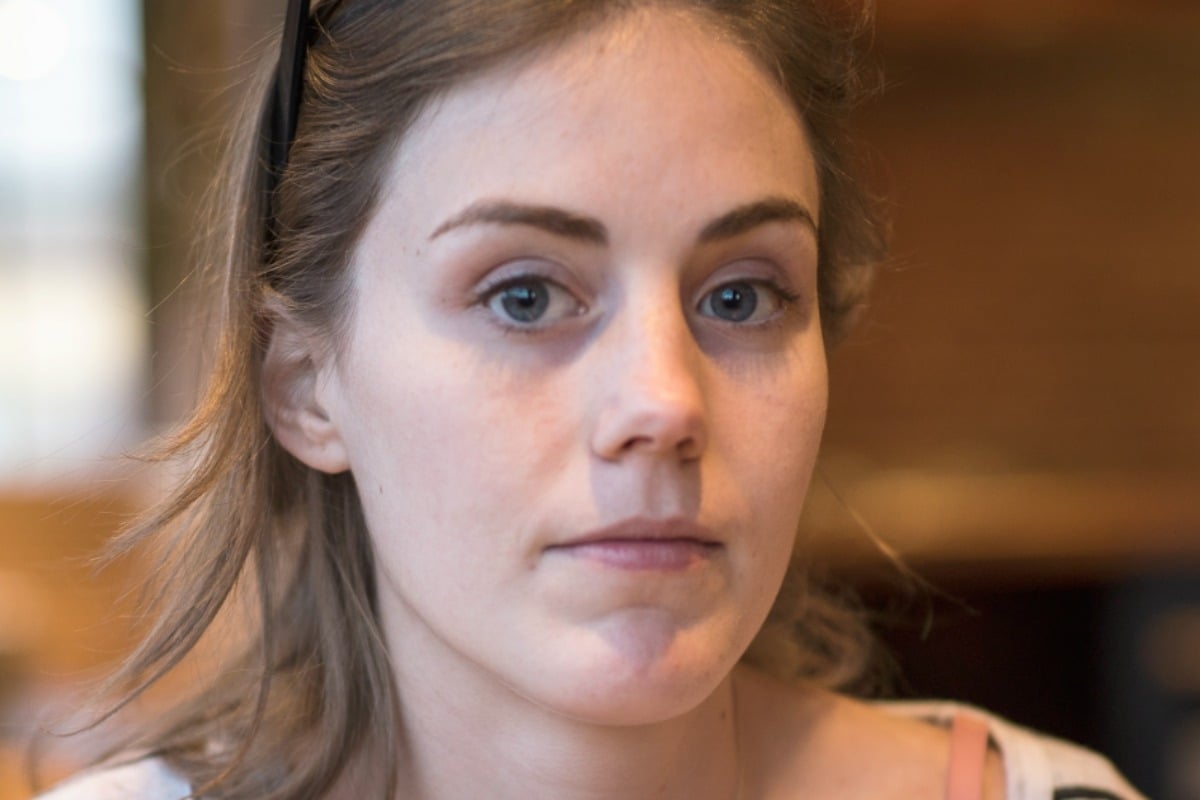
The brain is a funny thing.
No matter where we go, or what we do, we’re stuck with it; this private prism by which we see and understand the world around us.
From this 1400 gram grey mass we can have up to 60,000 thoughts a day. There are some we might decide to share, and others that we keep to ourselves.
But how do we determine what sort of brain behaviour is ‘normal’, given we have nothing, really, to compare it to?
What thoughts, feelings, anxieties and actions are serious red flags, that indicate we might need some help with our mental health?
According to the Bureau of Statistics, about 45 per cent of Australian adults will experience mental illness at some point in their lifetime.
For some, symptoms of their mental illness began surfacing in childhood, meaning that they’ve never known anything different.
Mamamia spoke to Australian psychologist Tahnee Schulz about some of the key indicators – which might not be immediately obvious – that an individual might need to seek professional help for their mental health.
While these symptoms pertain mostly to depression and anxiety, the two most common mental illnesses among adults, they are also applicable to mental health conditions more broadly, such as post-traumatic stress disorder, obsessive compulsive disorder and bipolar disorder.




























































































